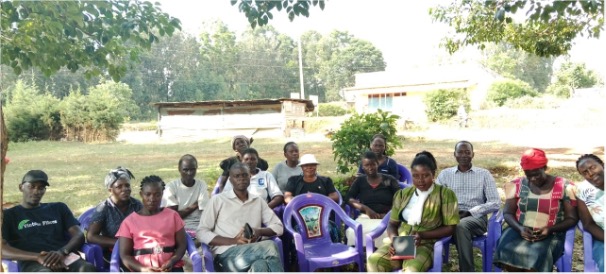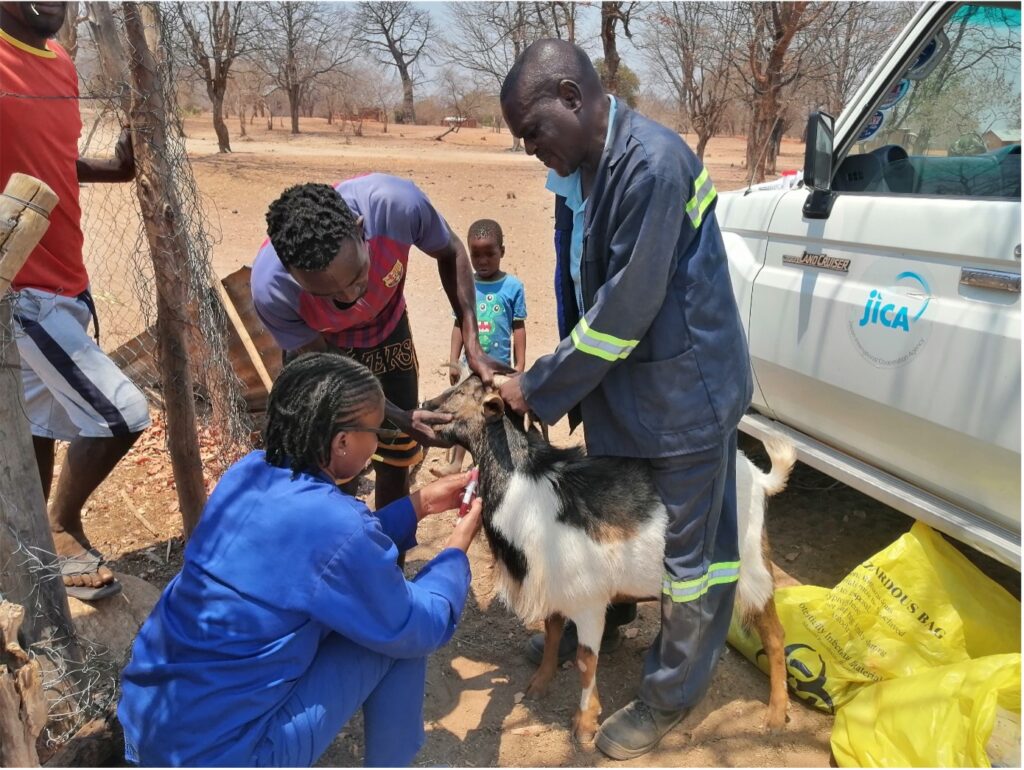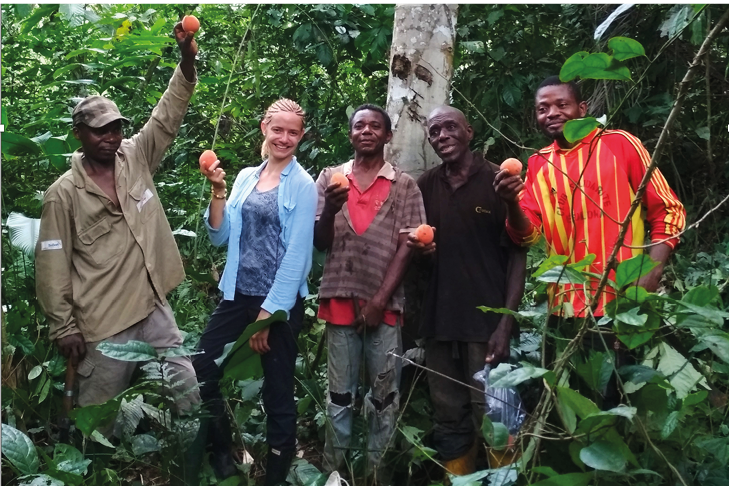During the recent Agri4D conference, we had an insightful conversation with several participants concerning potential policy interventions that could have the most significant positive impact towards achieving a sustainable food system.
The biannual conference yielded many key outputs and takeaways, and the diverse range of themes discussed encouraged rich dialogue and the sharing of knowledge and experiences among attendees. The discussions also emphasised the intricate nature of food systems and highlighted the importance of collaboration among stakeholders towards achieving agricultural sustainability, hunger reduction, and food security.


